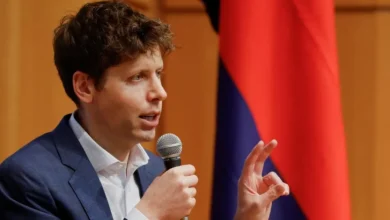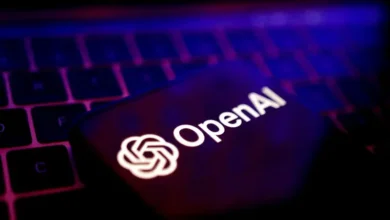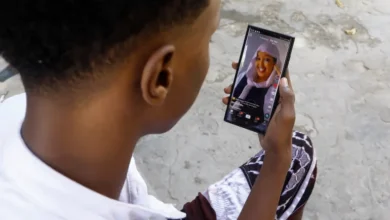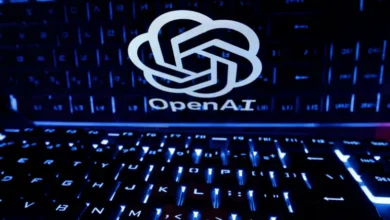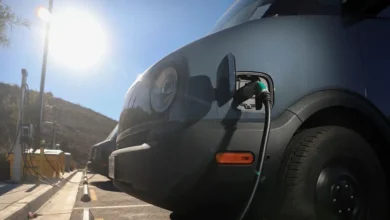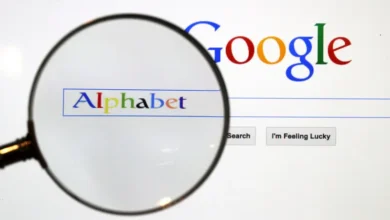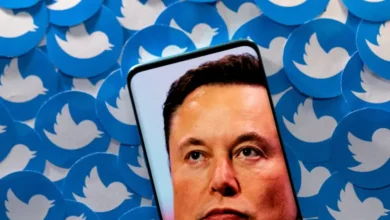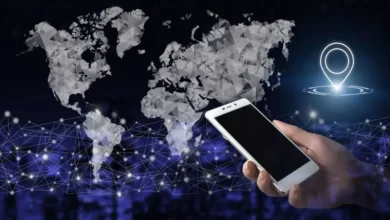Telegram channels key to survival on Ukraine’s front line with Russia
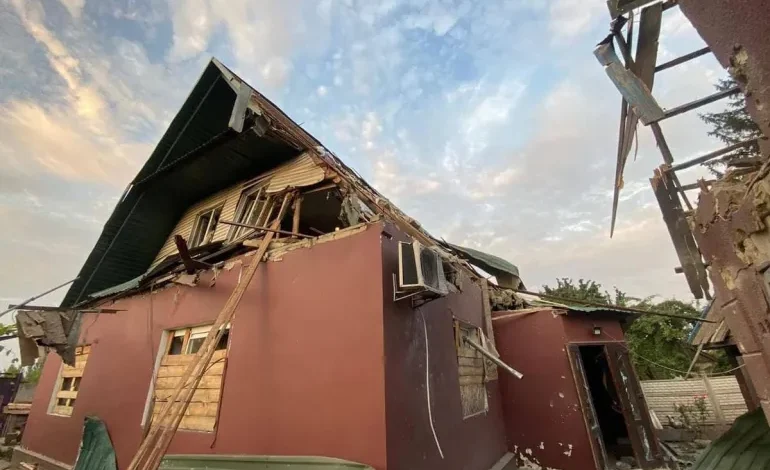
Inna makes cakes, pies, pizzas and chebureki, deep-fried turnovers.
These days, her business in the front-line town of Kurakhove in Ukraine’s war-torn Donbas region is all but gone as Russian bombs kill and wound people and destroy houses, while Russian troops try to roll in.
“If I make 10 pies, 10 chebureki, I take them to a hospital for nurses to buy – that’s it for the day,” Inna told Al Jazeera over the phone on Thursday afternoon, just as Ukrainian forces repelled yet another Russian attack on Kurakhove.
She advertises her services on Kurakhove Roll Call, a Telegram channel with 8,000 subscribers that serves as a virtual lifeline for civilians surviving on the edge of Europe’s bloodiest war. Its twin channel, Kurakhove Without Panic, has 16,000 subscribers and is operated by the same administrator, who insisted to Al Jazeera that his anonymity is key “during political and social instability”.
Both channels post messages from regional Ukrainian authorities about the hostilities, the shelling, its victims — and on how to avoid becoming victims. The tone can feel laconic, but the content is often blood-curdling.
Like on Friday morning, Russians shelled the Kurakhove district 13 times, one person was wounded, five houses were damaged; 2,928 people were evacuated, including 238 children.
“There is an air raid alert in the world’s best town,” was the administrator’s message — one is that his most frequent, recurring post on the channels.
A warning followed: “Silent mode on” with phone numbers for police, medical help and a fire brigade. Hours later, the administrator posted: “Air raid alert in the world’s best town off.”
The Telegram messaging app, whose Russian founder Pavel Durov was arrested in France earlier this week, has grown into an essential survival tool. If reception is sporadic or limited, users still get text messages – and can download photos and videos.
Content moderation takes time, and because of competing channels, “keeping the audience becomes a complicated task”, the administrator said. But to the audience itself, the channels are essential, go-to platforms that can save time, nerves, money and lives.
“There is gas sold at the Platter,” a nickname for a gas station, one user writes. “Not true” is the reply.
Dozens of messages are about post offices that are still operational and where people can get parcels with essentials – medical drugs, power banks or documents.
A pharmacist writes that “absolutely all medical drugs you need” are available at a chemist next to the Kurakhove bus station. But somebody angrily retorts that the drugs are overpriced and now is the “time to pack and leave” anyway.
A grocery store trumpets the arrival of sausages, marinated meat and chicken – complaints about extortionate prices follow.
Authorities urge residents to leave Kurakhove and nearby villages – but some don’t or can’t.
“I’m not going anywhere, got nowhere and no one to go to,” someone writes.
“If God forbid [Russians] come, they’ll take you away,” is the answer. “You won’t stay home. Without water, power, shops. These are excuses or…”
The “or” is an unspoken allusion to the “zhdun”.
‘The one who waits’
The word that sounds like a shot means “the one who waits” and is a mostly derogatory term for those believed to be looking forward to the arrival of Russian troops, a Moscow-appointed administration and the ruble instead of the Ukrainian hryvnia.
Yet while those who choose to stay in their front-line villages and towns are often labelled “zhduns”, their reasons are often more prosaic.
People stay because they are old or disabled, or look after someone who’s old or disabled. They can’t afford rent and don’t want to end up homeless.
“Got nothing to leave with. Need money everywhere,” the baker Inna said.
She shares an apartment in a five-storey building with her 67-year-old mother and hides from shelling in the basement that is comfortable enough to spend hours in.
‘Flying by so you’re not hit’
Still, many others are evacuating.
If anyone wants a car to be taken to safety, Vova – short for Volodymyr – steps in.
He and his competitors advertise their services on both Telegram channels – and get rebuked for not naming prices.
“[Colombian druglord] Pablo Escobar used to name his prices on the radio for the world to know,” one complaint read. “And you are too modest to name yours.”
